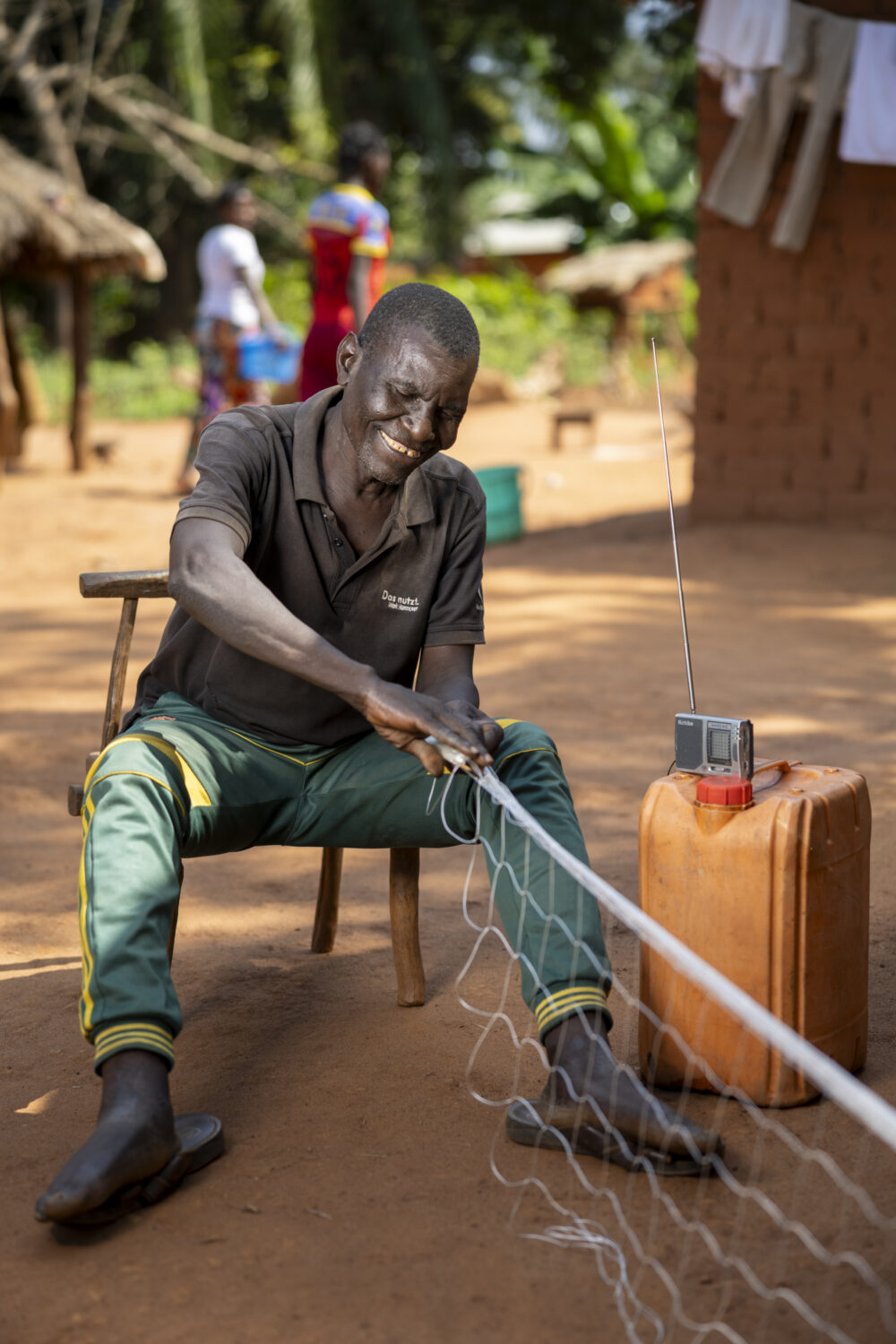Radio is first and foremost a sound, historically analog and now digital, which is also expanding into podcasts. As a local medium, it is accessible and includes the entire population, beyond the barriers of literacy or financial means. It allows multiple voices to be heard and builds trust. Through the voice, it enables listeners to feel comfortable with someone they do not know but are listening to. Thus, radio creates closeness through the sounds and atmospheres it shares.
Being transborder, radio has the ability to bring together thousands, or even millions, of people on the same topics and thus address the widest audience. Currently, Fondation Hirondelle broadcasts programs in more than 10 countries on three continents, mostly at the national level. Programs are broadcast in the language of our listeners to ensure broad listenership and encourage their participation.
In the digital age, radio remains by far the most popular and trusted medium in the regions where we operate. However, radio listening has changed over time. Today, listeners can follow programmes in replay, on demand or on WhatsApp by sharing audio files, as in the Central African Republic, where we have introduced this means of broadcasting to complement FM broadcasting, which has existed for 23 years.
The intimacy of a voice and audio testimonies make it possible to address serious issues such as individual psychological trauma and its collective corollary. In regions in crisis, when health and security services or school management can no longer carry out their role properly, radio is sometimes the only institution that is still operational. It sets the rhythm for people’s days and shares vital information. Radio is as much a vehicle for information as it is for recreation and education for everyone.
Caroline Vuillemin, General Director

